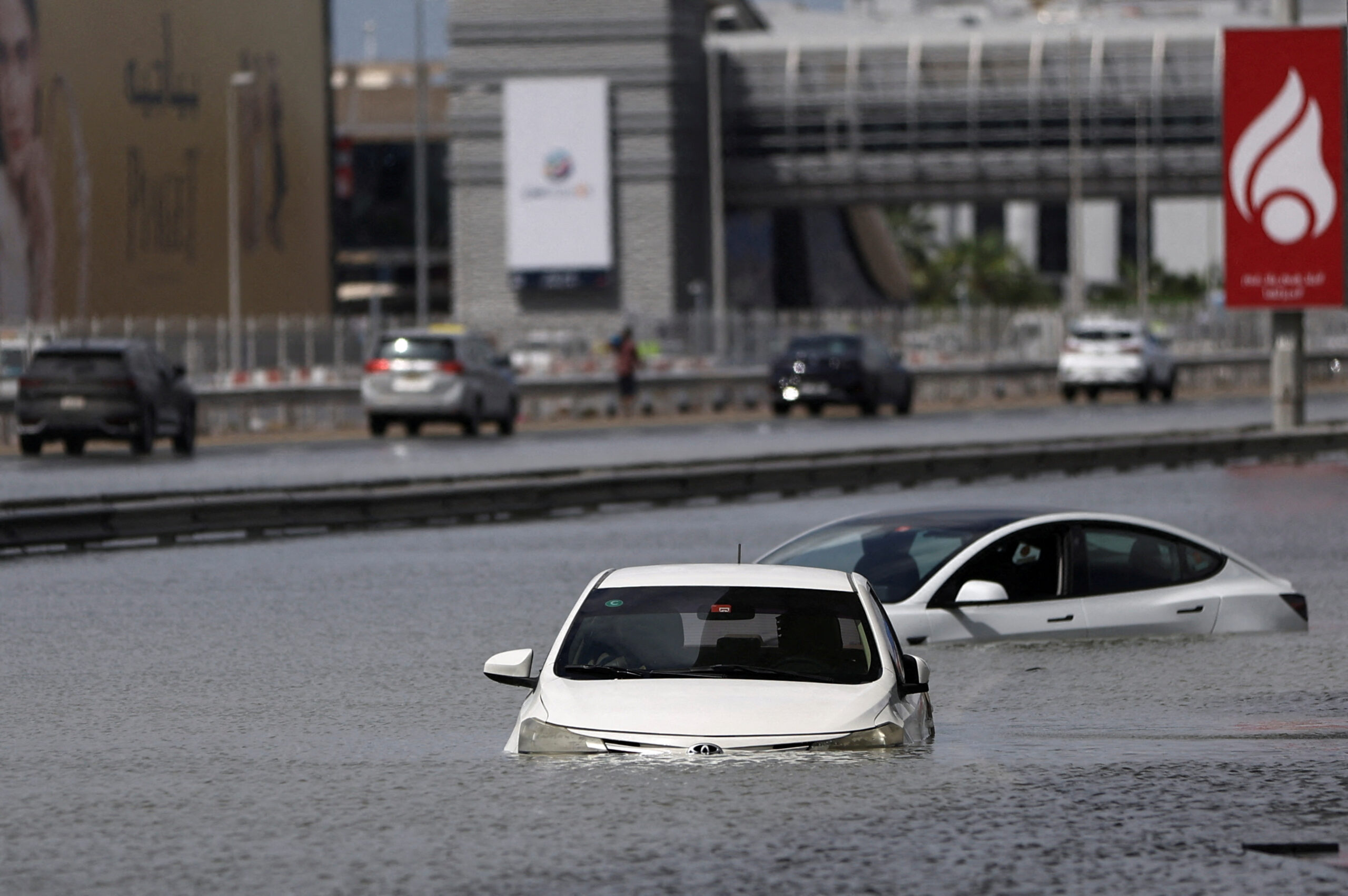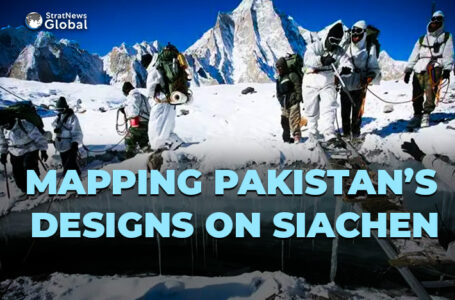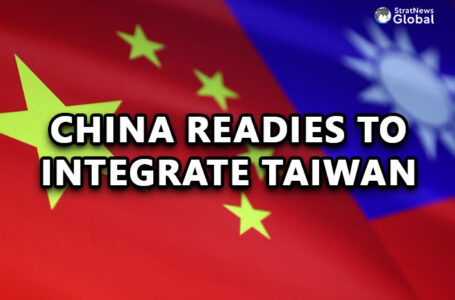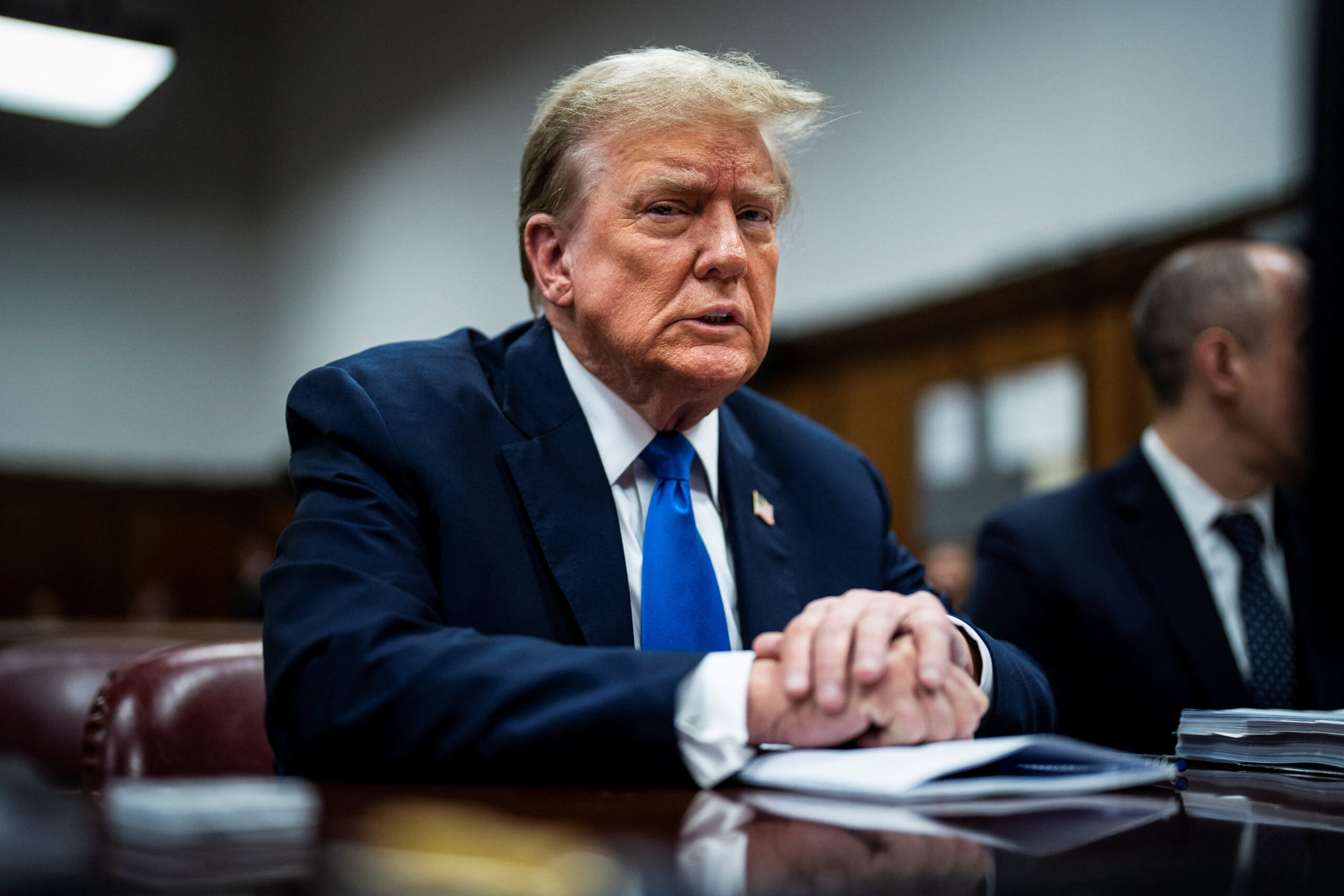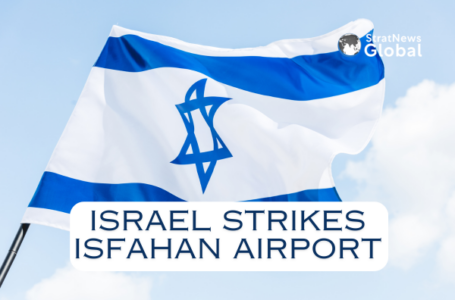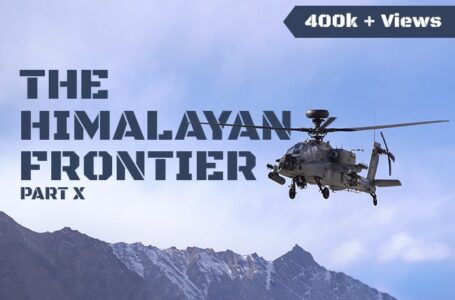We Have To Give Air Support To Ukraine, Can’t Put It On US...
New Great Game: India’s Bid To Gain Foothold In Arctic Region
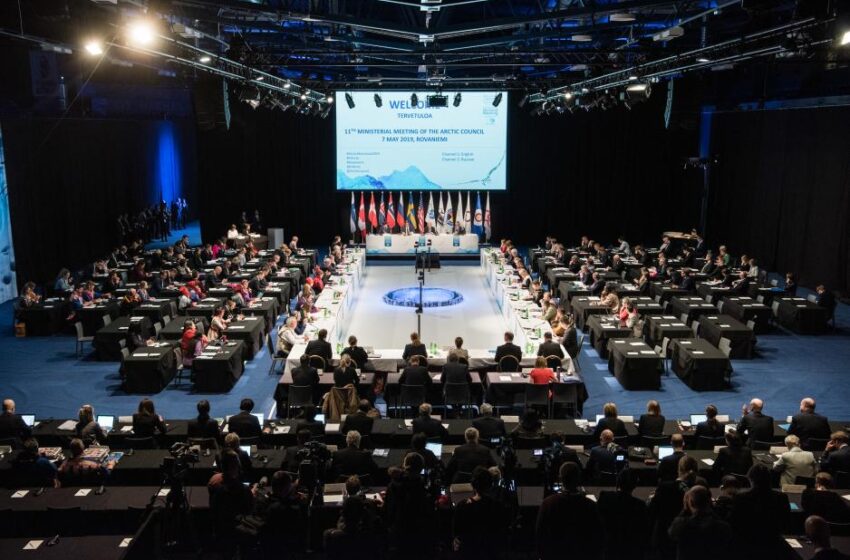
Arctic Council Ministerial meeting in Rovaniemi, Finland in 2019. Photo: Courtesy Arctic Council
NEW DELHI: The unveiling of a draft policy on the Arctic by the Indian government in January this year was welcomed with a sigh of relief by the strategic community. For far too long New Delhi had been viewed as a silent observer as power games for control by Russia, China and the US over the world’s new geopolitical hotspot has increased over the years. In recent times though New Delhi has stepped up its initiatives in the Arctic and is looking to Moscow as a key partner.
The bilateral summit between Prime Minister Modi and President Putin in 2019 saw Moscow accept New Delhi’s expression of interest in the region by recognising in the joint statement India’s willingness to play “a significant role in the Arctic Council.” The statement was the first sign that New Delhi would be willing to partner with other nations to ensure its interests in the Arctic nation would be met.
While the intentions may be there, big hurdles need to be managed – the main one being China. Beijing which has already declared its Arctic ambitions by calling itself a “near Arctic nation” has announced its plans for “Polar Silk Road.” More recently, Chinese businessmen – who are reportedly close to the government – have been scouring Scandinavian nations such as Norway, Finland and even Iceland for areas that potentially could be used to set up military bases. As far as Moscow is concerned observers claim that though both nations share a common commitment to building the “Polar Silk Road”, Russia has deep anxieties of the Chinese presence in its Far East which India can and should exploit.
Dr A Adityanjee, president of The Council for Strategic Affairs, a US based think-tank and an expert on the geopolitics of the Arctic believes that though Russia is defacto the “junior partner” of China, India must gain leverage by tapping into Moscow’s insecurities. “Russia is incredibly concerned about the Sinification of their Siberia region which India should exploit. We need to invest in the Russian Arctic region and Siberia through a PPP – Public-Private Partnership model to make Russia more inclined to work with us.”
Delhi is already looking to assuage Moscow’s concerns by investing in Russia’s Far East through projects such as the proposed Chennai-Vladivostok maritime corridor. But assuaging Moscow won’t be enough to get Delhi to become a major Arctic player which will be key to India’s long term energy security. As a US Geological Survey shows the future of the world’s energy lies within the Arctic. The survey estimates that the region has approximately 90 billion barrels of undiscovered oil reserves and 16.70 trillion cubic feet of natural gas accounting for 13 percent of the world’s total undiscovered oil and 30 percent of undiscovered natural gas. India, an energy hunger nation cannot be left behind here. Allying with other friendly nations – Moscow will not be enough – is key to this.
Experts believe that for this to be done the Indian government must look at using both “soft” and “hard” power to achieve its objectives. While India certainly cannot match the presence of the big powers it needs to maintain a presence. The US has an ‘Arctic Force.’ A recently declassified report by the US Army released in January this year revealed that “11,600 Army forces and sub-Arctic are stationed in Alaska.” This figure does not include similar unclassified reports released by the US Navy and Air Force at the self-same time.
US aside, Russia has opened 50 previously closed Soviet-era military posts, refurbished 13 air bases, bolstered the country’s Northern Fleet, and created a specialised ‘Arctic Brigade’ showing just how key the Arctic is to Moscow. On China’s side, Beijing has no military presence but is opening new shipping lanes and is pumping in money into Nordic nations to ensure that when the ice caps melt it’s ready to move in.
India therefore must be realistic about what it can achieve. But there are things it can do. Experts believe the need of the hour is to establish a military presence to gain a foothold in the Arctic. For this, the Mountain Strike Corps (MSC) is key. “India has already beefed up the Mountain Strike Corps which is good news as the conditions they operate in are akin to Arctic conditions. We also need to conduct joint military exercises with Nordic countries to gain experience and bolster confidence about our intentions in the Arctic,” says Dr Adityanjee.
The key however is in soft power and experts emphasise that India must not look to replicate China’s bid for legitimacy in the Arctic by declaring itself a “near-Arctic nation” as not only will this not be recognised but will be treated with antipathy by all the major members of the Arctic Council. Instead, Delhi needs to scale up its diplomacy with the Nordic countries and work with various Arctic forums. Experts point out that application for observer status as a non-voting member within the Arctic Economic Council (AEC) is one good example as it opens business opportunities and ensures India’s economic hold within the Arctic. Another key requirement is for the “MEA and the military to establish dedicated Arctic cells and departments to achieve key objectives.”
Dr Adityanjee believes India must play its cards carefully if it is to ensure that China does not get a “monopoly” on Arctic resources. “Both India and China along with a few other non-Arctic nations have observer status in the Arctic Council since 2013. Therefore, India does have a locus standi in the Arctic Council. We must be savvy and integrate ourselves in the Arctic governing structure and institutions to keep our voice and carry credibility.”






